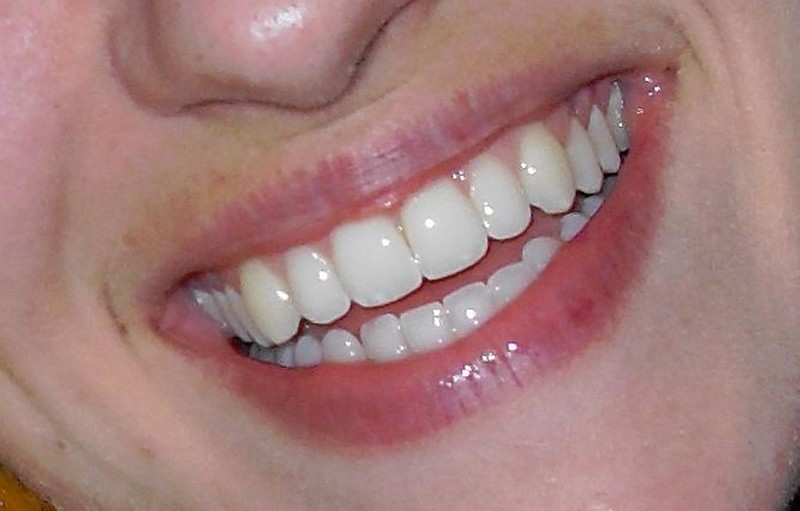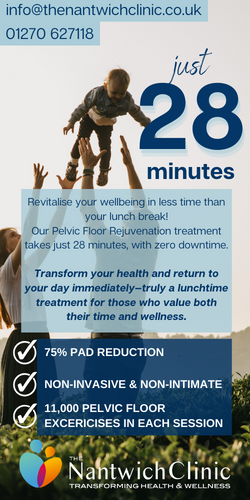
Dental health is paramount. It’s not just about a sparkling smile but also contributes to your overall well-being.
With a plethora of advice available, sifting through the information to find a suitable oral health routine can be daunting.
Today, we bring to dental professionals in the UK, an all-inclusive guide to optimising dental care, inclusive of some often overlooked components such as Fluoride gel, and terminologies more apt for a dental setting.
Revisiting the Basics
We can never overemphasise the importance of brushing and flossing.
Advice on these has likely been drummed into patients from a young age, but often, the basics are where problems lie.
1. Brushing: The brushing routine isn’t just about doing it twice a day. It’s about doing it right. Use a toothbrush with soft bristles and a small head to reach all areas of the mouth. The strokes should be gentle, as vigorous brushing can lead to gum recession and tooth wear.
2. Flossing: Encourage patients to floss daily. It helps to clean between the teeth where a toothbrush cannot reach. A common mistake is to snap the floss down onto the gums. Guide your patients to gently slide the floss down against the side of the tooth to prevent gum injury.
Salute the Saliva
Saliva is a vital part of oral health. It helps neutralise acids and rinses away leftover food particles. Encourage patients to stay hydrated to maintain saliva production.
Recommend sugar-free chewing gums as they stimulate saliva production and contain xylitol, which reduces the risk of tooth decay.
The Power of Fluoride
Fluoride fortifies the tooth enamel making it resistant to decay. It’s usually available in toothpaste and mouth rinses.
For those at a higher risk of caries, a more potent application might be required.
Fluoride Gel
Fluoride gel is a professional treatment offering a high concentration of fluoride.
It’s an ideal recommendation for those showing early signs of dental caries, patients with orthodontic instruments, or those with xerostomia.
The gel is applied using a tray that fits around the teeth and is usually left in place for four minutes.
This is a valuable instrument for dental professionals to incorporate into their routine care for at-risk patients.
While fluoride gel treatment isn’t new, it remains underutilised, despite its effectiveness in preventing caries.
Dietary Impact
Diet plays a significant role in oral health. Encourage patients to reduce their intake of sugary and acidic food and drinks, as they contribute to tooth decay and erosion, respectively.
Advise them to have these foods as part of a meal rather than snacking throughout the day, to limit acid attacks on teeth.
Routine Check-ups
Promote the importance of regular check-ups to your patients. This allows for early detection and treatment of problems, preventing them from worsening.
During a check-up, a professional cleaning can be performed to remove hardened plaque (tartar) that cannot be removed by brushing or flossing alone.
Handpieces
The dental setting can cause anxiety for some patients. A significant source of this anxiety is the noise and vibration from dental handpieces.
It is crucial to reassure your patients that handpieces are an essential part of several dental procedures and are safe when used by trained professionals.
The Oral-Systemic Connection
Emerging research suggests a connection between oral health and systemic diseases.
Periodontitis has been linked to conditions such as diabetes, cardiovascular disease, and adverse pregnancy outcomes.
Highlighting these connections can impress upon patients the importance of maintaining good oral health.
Encourage Patients’ Responsibility
As dental professionals, our goal should be to empower patients to take charge of their oral health.
Provide them with the correct information and encourage their engagement in maintaining their oral hygiene.
Adapting to Individual Needs
Each patient is unique, and so should be their dental care regimen. Factors such as age, systemic health, lifestyle, and personal habits play an important role in shaping an individual’s oral health needs.
For example, people with braces or other orthodontic instruments need additional care to clean around these structures. Some may prefer to visit a holistic dentist.
Elderly patients or those with systemic conditions like diabetes might require more frequent check-ups and personalised oral hygiene strategies.
Understand these needs and tailor the dental care advice accordingly.
Embracing Technology
In this digital age, technological advancements have made it easier to maintain oral health.
There are electric toothbrushes equipped with timers ensuring that patients brush for the recommended two minutes.
Apps can remind users to brush, floss, and even when to replace their toothbrushes.
Interdental cleaning aids like water flossers can help those who struggle with traditional floss.
Integrating such technologies into the dental care routine can enhance compliance and effectiveness of the regimen.
Always be on the lookout for the latest dental technologies and assess their utility for your patients.
In the end, the role of dental professionals is not just to treat dental issues, but to guide patients towards a healthy oral care regimen that prevents these problems in the first place.
With patience, dedication, and the right approach, we can make significant strides towards better oral health for all our patients.
In conclusion, an ideal dental care regimen goes beyond the basics.
It incorporates effective brushing and flossing techniques, usage of fluoride gel where necessary, regular professional check-ups, proper diet, and patient education.
As dental professionals, adopting this comprehensive approach, we can significantly contribute to improving our patients’ oral health and overall well-being.

















Recent Comments